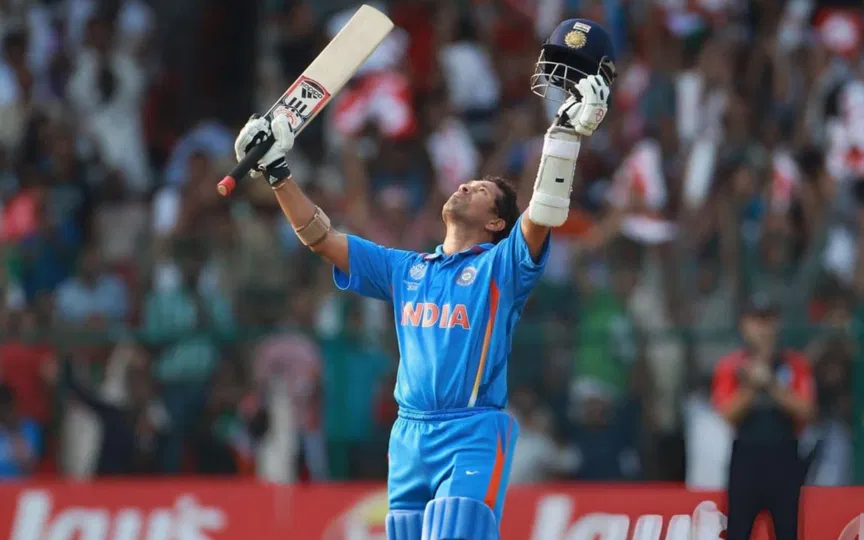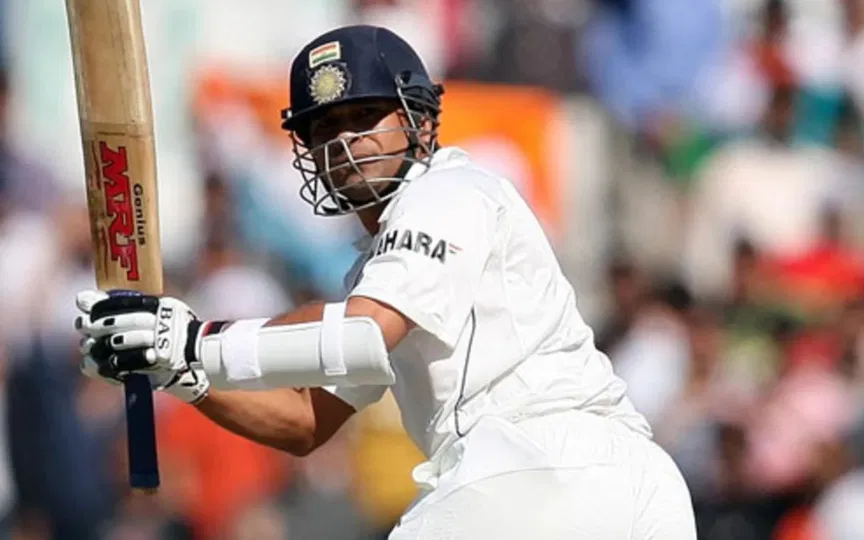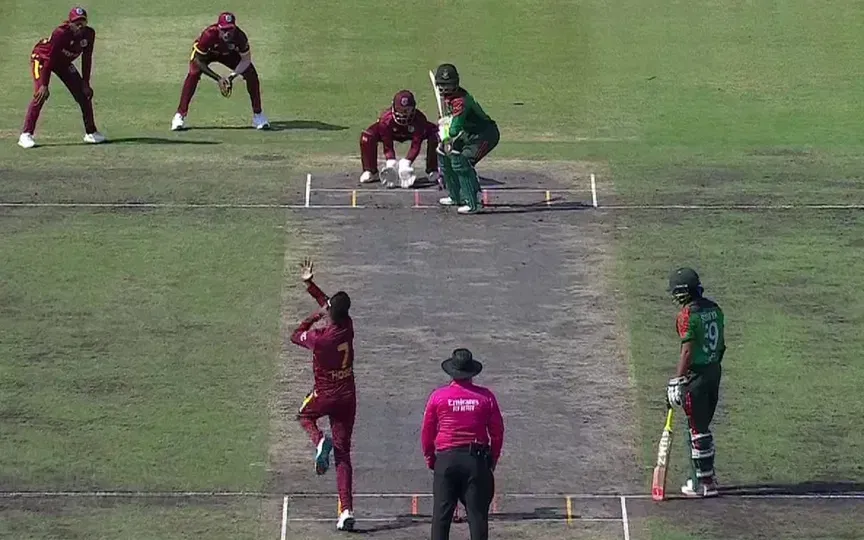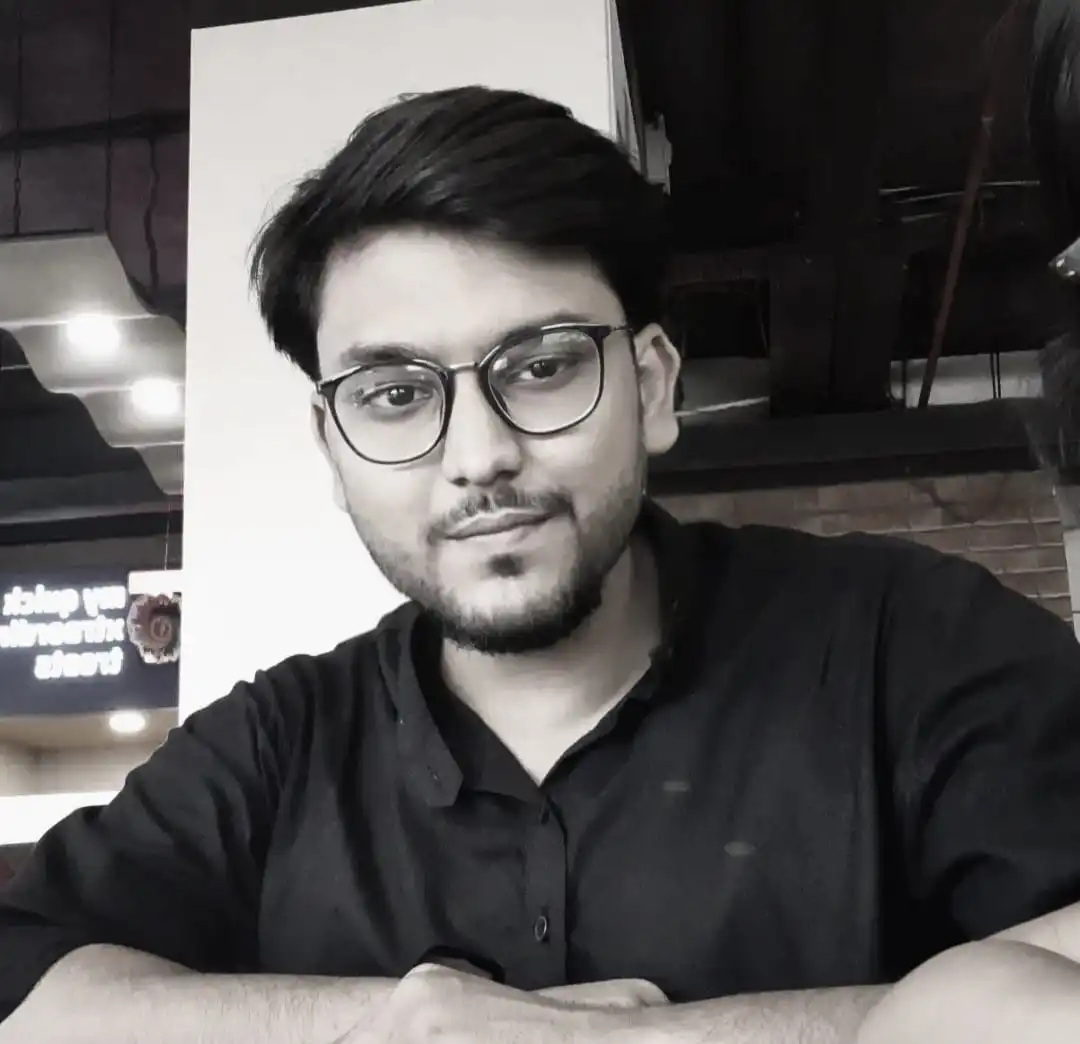![Sachin Tendulkar was punished for ball tampering scandal in 2001 [Source: @big_zillion_foray/X.com]](https://onecricketnews.akamaized.net/parth-editor/oc-dashboard/news-images-prod/1761017786549_Sachin_Sad.jpg?type=hq) Sachin Tendulkar was punished for ball tampering scandal in 2001 [Source: @big_zillion_foray/X.com]
Sachin Tendulkar was punished for ball tampering scandal in 2001 [Source: @big_zillion_foray/X.com]
The 2001/02 India tour of South Africa was poised on a knife's edge. India, yet to win a Test on South African soil, had shown flickers of fight, with a debutant Virender Sehwag and the established Sachin Tendulkar scoring counterattacking centuries. However, the series was poorly marred by a controversy, a nasty one.
Match referee Mike Denness accused Tendulkar of ball-tampering, a charge that sent shockwaves through the cricket world and united the BCCI and South African board in defiance. But what if that unity had fractured? What if South Africa, under pressure, had sided with the ICC and abandoned Sachin, leaving him branded an official cheat?
This alternate history explores one of cricket’s most pivotal ‘what if’ scenarios, questioning how the lack of a crucial defence could have shattered the confidence of a legend and altered the course of cricketing history.
The Port Elizabeth Storm
The controversy erupted during the second Test in Port Elizabeth. Match referee Mike Denness levied a series of charges against the Indian team, fining four players for excessive appealing and handing Virender Sehwag a one-Test ban.
The most seismic charge, however, was reserved for Sachin Tendulkar, whom Denness accused of “alleged interference with the match ball” while cleaning the seam.
Tendulkar himself recalled the humiliation, stating, “I found this strange... None of the umpires had lodged a formal complaint against me and it was humiliating to be labelled a cheat.” Denness later clarified it was about a technicality, not informing the umpires, but the damage was done.
The BCCI, under Jagmohan Dalmiya, prepared a fierce defence, finding a crucial ally in the United Cricket Board of South Africa (UCBSA). This united front, backed by both governments, led to Denness being replaced for the third Test, which the ICC subsequently declared ‘unofficial’.
What if Sachin was left to sink?
Well, the hinge of this alternate reality is clear. What if the UCBSA, fearing ICC reprisal or bowing to political pressure from the Anglo bloc, had sided with Denness and the ICC?
The immediate consequences would have been severe for Tendulkar. A confirmed suspension and the official "ball-tampering" stamp would have followed him relentlessly. The mental burden of being a branded ‘cheat’, without the vindication of a unified boardroom fight, could have destroyed the invincible confidence that defined his batting.
For an Indian team just discovering its aggressive identity under Sourav Ganguly, the scandal could have shattered morale, turning a defiant unit into a demoralised one.
An alternate reality of Tendulkar's career trajectory
In this timeline, the "Little Master’s" legacy may have looked profoundly different. Would the man known for his pristine technique have started second-guessing himself? The fearless aggression that defined his 2003 World Cup campaign, including that iconic upper-cut against Shoaib Akhtar, might have been replaced by a cautious, pressure-laden approach.
The psychological scar of public humiliation, without the backing of an entire nation and its board, could have led to a dip in form, delaying or even denying him milestones like his first ODI double-century or the historic 100th international hundred.
His legendary innings, like the 98 against Pakistan in 2003 or the 241* in Sydney where he famously shelved the cover drive, were feats of immense mental fortitude. A foundational shock to his reputation at the height of his powers could have dulled that very edge.
A ripple effect in the world of cricket
The fallout would have extended far beyond one player. The ICC, emboldened by a successful conviction, might have imposed even stricter and more subjective ball-tampering guidelines years before ‘Sandpapergate’.
The special relationship between the BCCI and South African cricket, forged in the postapartheid era, would have been irreparably damaged, affecting future tours, IPL collaborations, and ICC voting blocs.
The fractured timeline of probable events
- December 2001: South Africa upholds Denness's authority. Tendulkar is suspended for the final Test. India, fractured and disillusioned, loses the series.
- 2002: A shadow hangs over Tendulkar. A tentative, less dominant version of the star struggles on tours to England and the West Indies.
- 2003 World Cup, South Africa: The weight of expectation, now mixed with the lingering scandal, affects his game. The iconic six off Akhtar never happens; India’s campaign stutters in the knockouts.
- 2004: Stats by this point show a noticeable dip. The aura of invincibility is cracked. Commentators begin to quietly question if the scandal permanently altered the course of a great career.
What if Tendulkar bounced back stronger?
Perhaps, in another twist, this adversity could have forged an even more resilient Tendulkar. Could this public trial by fire have hardened his resolve, turning him into a symbol of defiance who channelled all his fury into the record books?
It’s a compelling thought, but the weight of historical evidence on the psychological impact of such scandals suggests a decline is the more likely path.
Conclusion
The real-world unity of the BCCI and UCBSA did more than just win a boardroom battle. It protected the sanctity of a genius’s confidence. It allowed Sachin Tendulkar to remain the untarnished icon whose legacy is built on unparalleled skill and impeccable integrity.
Without that shield, the "God of Cricket" might have been mortal after all. So, let us question ourselves for the sake of cricket:
"Would the sport we know today be the same if South Africa had not taken a stand for Sachin?"




.jpg?type=mq)

